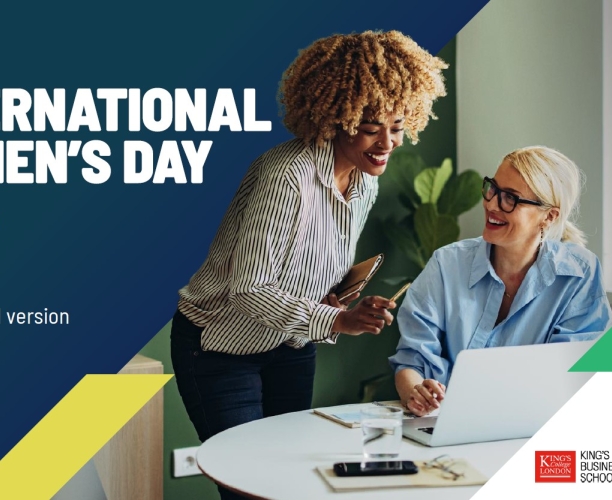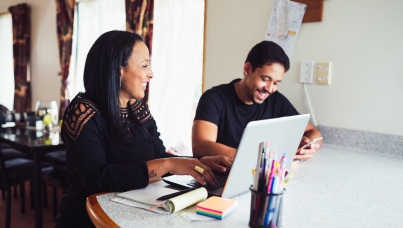

2025 International Women's Day 30-country Survey
More than half of New Zealanders think things would work better if more women held positions of responsibility – Ipsos survey
Ipsos NZ releases localised findings of a new 30-country study for the 2025 International Women's Day.
Wellington, 5 March 2025 – 57% of New Zealanders agree that things would work better if more women held positions with responsibility in government and companies. Additionally, 42% New Zealanders also define themselves as a feminist. This is significantly higher than the 30-country global average* (38%).
Key findings include:
- A majority of New Zealanders recognise the importance of equality. Two in three (67%) New Zealanders say that gender equality is important to them personally.
- Many think gender equality efforts by government and businesses have been positive for society. Two in five (40%) New Zealanders say that efforts toward gender equality made by government and businesses have been positive, with just under 10% saying the impact on society has been negative.
- Fewer than half feel progress on equality is likely. 41% of New Zealanders think it is likely there will be significant progress towards achieving gender equality in the next five years.
- More New Zealanders grew up observing traditional gender roles around the home. More than half (61%) of New Zealanders say that as a child, their mother / female caregiver did more work around the house than their father / male caregiver. This is significantly higher than the global average of 49%.
- This is despite New Zealand women being more likely to be working and/or holding leadership roles. New Zealanders are more likely to have had a female manager / supervisor at work (61% c.f. 41% global average), lived with a mother / female caregiver who was in paid employment (47% c.f. 28%), and worked for a company with a female leader (39% c.f. 27%).
- Some currently feel that men are being expected to do too much to support equality. While lower than the global average of 46%, two in five (39%) New Zealanders say men are being expected to do too much to support equality.
- But there are signs of global progress on attitudes toward gender equality. Across the 30 countries surveyed, agreement that efforts toward gender equality have gone far enough has declined by 5 percentage points, as has agreement that men are being expected to do too much to support equality.
- There is global gender gap in perceptions among Gen Z. Despite progress, there remains a significant gap in perceptions between Gen Z men and women, with young men far more likely than young women to agree that a man who stays home with his children is less of a man (28% men to 19% women), and that efforts toward women’s equality have gone so far that men are being discriminated against (57% men to 36% women).
Carin Hercock, Country Manager, Ipsos New Zealand, said: “Globally, post Covid Ipsos saw a rise in anti-equity sentiment. Despite recent moves internationally against diversity, equity and inclusion policy, we have seen a drop in these sentiments globally and in New Zealand a significant decline over the last 12 months of those who believe we have gone so far in promoting women’s equality that we are discriminating against men and an increase in the proportion of New Zealanders who define themselves as feminists.”
Amanda Dudding, Executive Director Public Affairs, Ipsos New Zealand, added: “It’s great to see that the majority of New Zealanders believe gender equality is important. It is likely that that being a country with higher rates of experience of female managers at work and having had a female prime minister are associated with this. But New Zealand is by no means leading the way in gender equality in comparison to the other 29 countries in this survey. In particular, New Zealanders have comparatively low expectations of parental leave being offered to both genders.”



